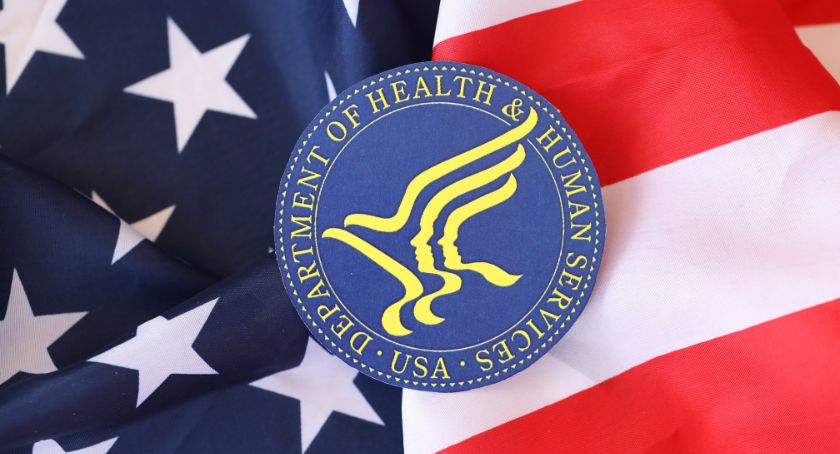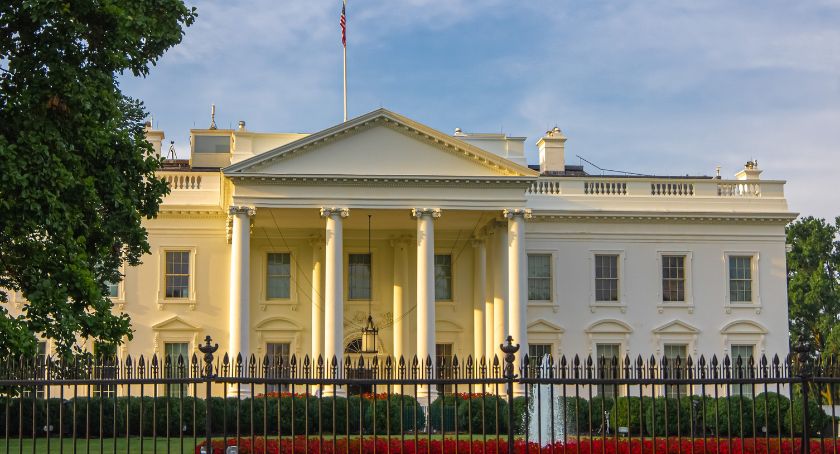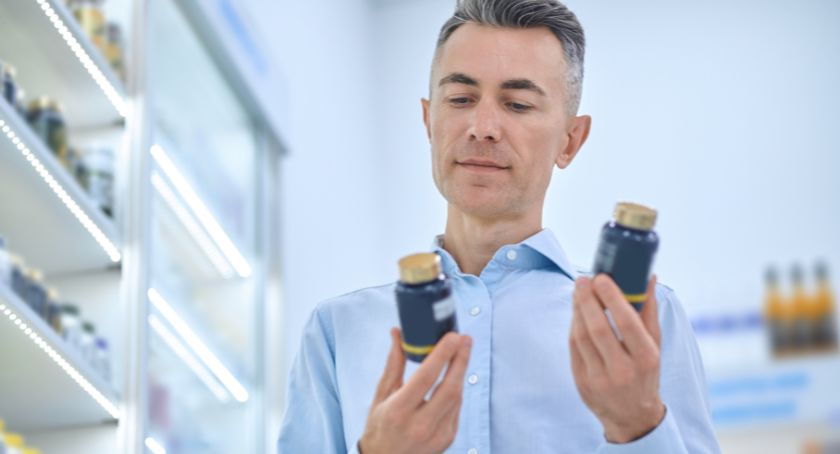Columns
Simplifying Food Safety Certification for Companies of All Sizes
Tyler Williams, CEO of ASI Food Safety, has offered a stepping stone for smaller companies to build and improve quality assurance programs.
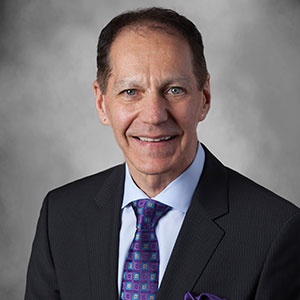
By: Sheldon Baker
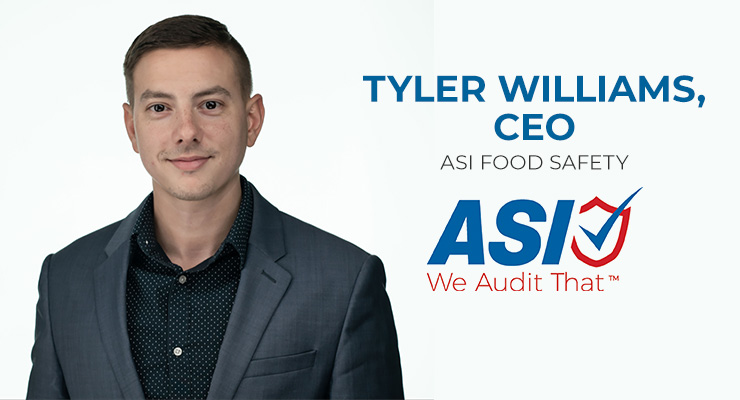
Tyler Williams is a consumer product safety and quality expert with significant experience in the food and beverage, cannabis, and dietary supplement industries. In January 2023, Williams became the youngest CEO to run ASI, a 92-year food safety company. Previously, Williams was the chief technical officer, where he was responsible for the certification process of over 3,000+ audits annually while also training and consulting major food and beverage companies around the world to help improve their food safety practices.
The St. Louis Business Journal and Marijuana Venture recognized Williams as a “40 Under 40 Executive to Watch” because of what he accomplished in both the food and cannabis safety. Williams was previously on the Policy Council and the Cannabis Manufacturing Committee for the National Cannabis Industry Association (NCIA), in addition to serving as a member of the National Industrial Hemp Council (NIHC) and the Safe Quality Food Institute’s (SQFI) Cannabis Working Group.
In 2020, Williams founded Cannabis Safety & Quality (CSQ), the first cannabis certification program to meet Global Food Safety Initiative (GFSI) Benchmarking Requirements (set to be benchmarked in 2023/2024) in addition to ISO requirements and regulatory requirements from seed to sale. Williams led CSQ as the chief technical officer, helping over 100 cannabis facilities across the U.S. improve the safety and quality of their products. CSQ has certified some of the most well-known cannabis operators, and in 2023, Forbes included CSQ in the “Cannabis 50,” a list of top game-changers in cannabis that have made a positive impact on the sector over the past year.
Previously, Williams started a non-profit organization called Show Me Food Safety. This organization provides resources to small food manufacturers and growers to help improve their food safety practices, get on the shelves of local grocery stores, and improve the overall health of consumers. Show Me Food Safety also awards scholarships to young aspiring food
safety professionals.
Area Code 420 (AC 420): Discuss what the merger of ASI and the Kiwa Group means for global food safety.
Williams: ASI has been servicing some of the biggest food, beverage, and supplement brands in North America for 92 years, and although we are considered SQF experts, we don’t have the extensive international reach that Kiwa is bringing to the table with this merger. By joining the Kiwa family, we’ll be combining their wide portfolio of accreditations and services like FSSC, BRC, PrimusGFS, GlobalGAP, Organic, etc. with our long standing expertise in North American farm-to-fork food safety to inevitably create a more holistic system. Being able to ensure the safety and quality of food products across the world really streamlines the auditing process for the huge conglomerates with facilities in various countries.
AC 420: What strategies do you envision establishing in your new role as ASI’s CEO?
Williams: Our focus has always been on making the certification process easier for our clients, although we assured them that all these company changes will only help them in the long run. I want them to know that we will always put them first. We’re still a family-owned business at the end of the day; we’re just a much bigger family now that we’re part of the Kiwa Group.
So, for starters we’ll determine what new standards are the most useful here in the U.S. that we can start immediately providing to existing customers. Part of this strategy is lining out which new services we can tag on to what we already offer. An organic certification for example is something that is very easy to tag on to your food safety audit, but other audits can’t always be combined.
We have access to so many new standards and marketplaces now that we are global, it would be easy for us to bite off more than we can chew. That said, baby steps are key, especially when it comes to certifying the safety of food products; rushing isn’t the way to go. The next baby step would be to approach the customers that we are currently serving in the U.S. that have locations overseas to see how we can better serve them.
AC 420: You also serve as chief technical officer of Cannabis Safety & Quality (CSQ). Explain your dual management roles.
Williams: As the founder and CTO of CSQ, I developed CSQ’s standards after touring dozens of facilities and speaking with regulators and industry stakeholders. Previously, I was running CSQ while acting as the CTO of ASI, overseeing the development of new standards and training. And while I’m incredibly passionate about cleaning up the cannabis industry, I need to shift my focus now to all things ASI, so I’ll be handing off several CSQ responsibilities. I will still be involved in the Technical Advisory Committee, and since CSQ is a subsidiary of ASI Global Standards, (a division of ASI), I will still have significant input on how the scheme operates.
AC 420: Your cannabis safety and culture plan are quite unique. How do companies get started with CSQ training and certification?
Williams: The first step is for companies to go to the CSQ website, download the standards, and read them thoroughly. I like to emphasize that our standards are free, because most standard developers like ISO or ASTM require you to pay for access. Then, you can start implementing those processes at your facility without feeling the pressure or need to get an audit (if you’re in a state that doesn’t require you to get an audit).
From there, go on to reaching out to one of our licensed certification bodies to get either cGMP or cGAP audit, or if you are ready, you can start with cGMP+ or cGAP+, which requires the facility to have an implemented HACCP plan. In between downloading the standards and implementing the standards at your facility, I recommend conducting an internal audit to those standards.
You can also have your certification body do what we call a gap analysis or pre-assessment, which basically looks at where you are at this moment in time and how far away you are from getting certified. This is also sometimes called a “mock audit.” After getting cGMP, cGAP, cGMP+, or cGAP+ certified, it’s time to determine if you are ready for the leap up to full blown CSQ certification, which is the GFSI comparable scheme.
It may not be an issue for large marijuana multistate operators with full quality assurance teams, but for smaller operations, meeting ISO requirements and GFSI requirements involved with CSQ certification is intimidating. The last thing we want to do is scare off the mom and pops that are the backbone of this industry, which is why we developed cannabis-specific GMP/GAP standards that are more attainable to receive to act as a stepping stone towards full CSQ certification.
AC 420: Should consumers be concerned about cannabis product safety?
Williams: While on the surface, it seems like it has very strict requirements, cannabis has nowhere near the requirements of food, pharma, or dietary supplements. We still have a long way to go. However, I think the big focus here is getting consumers away from the illicit market where safety is most at risk. So, should consumers be concerned about whether a cannabis product is safe for them? Of course, they should care about this, but it shouldn’t deter them from buying legal cannabis products from licensed dispensaries.
AC 420: Regarding product safety, vaping is still a major issue. What safety role do you bring to the industry to address this key health issue?
Williams: Our role is to help companies think proactively and not reactively. Most of the CSQ standard involves conducting robust risk-analysis, and implementing preventative steps to ensure your products never get contaminated in the first place, and when they do get contaminated, it is prevented from ever reaching the consumer.
For example, the CSQ standard requires sites to have strict controls over their suppliers of raw materials. This includes not just cannabis oil or additives, but also different mediums used to package the products, such as vape cartridges.
Additionally, the standard calls for companies to have robust product development procedures that assess the risk of new products and their raw materials (i.e., additives, packaging, etc.). Most people thought vitamin E acetate was an innocent additive, however this outbreak gave the cannabis industry a blackeye.
AC 420: You started a non-profit in 2019, Show Me Food Safety in the “Show-Me” state of Missouri. What services do you offer the cannabis community?
Williams: While at ASI, I noticed our training and consulting division would get several calls from small mom and pop operations who were trying to get into their local retail chain. We would offer our training and consulting services; most needed us to build a robust safety and quality program from the ground up. As you can imagine, building a safety and quality program from nothing can end up being very expensive, especially for these small operators.
This is essentially why I started Show Me Food Safety, to help these small mom and pop operators out and provide free resources and free consulting to help them get on store shelves. But there’s a lot more to it than these pro bono services.
Another part of Show Me Food Safety is our scholarship program, created to inspire young people to consider a career in food safety. Also, through our awards program, we recognize people who have gone above and beyond in food safety, because they believe in it, and they want to make sure consumers are safe. Doing the right thing without being asked rarely gets rewarded, but we make it a point to celebrate the unsung heroes of food safety.
About the Author: Sheldon Baker is CEO of the Baker Dillon Group LLC and has created numerous nutraceutical brand marketing communications and public relations campaigns for many well-known supplement and food industry companies. For interview consideration or brand marketing consulting, contact him at Contact@The420AreaCode.com.






